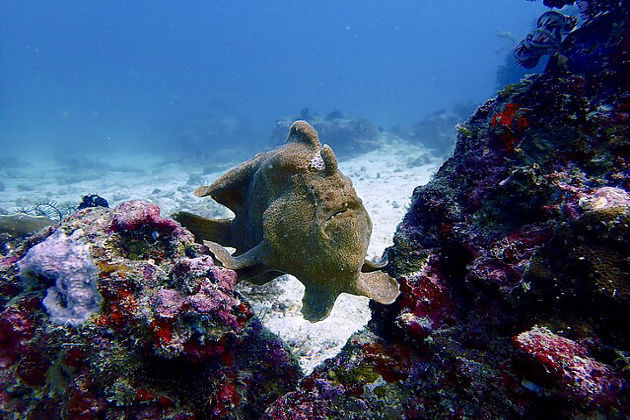Move FM Global News

Beijing uses conservation push to bolster its South China Sea claim
Sep 21, 2025WASHINGTON, D.C.: China’s decision to designate a new nature reserve in the South China Sea has added a fresh layer to its long-running effort to tighten control over one of the world’s most contested maritime regions.
The National Forestry and Grassland Administration announced last week that the reserve would safeguard the coral ecosystem around Huangyan Island, better known internationally as Scarborough Shoal. Yet many analysts see the move as less about conservation and more about reinforcing Beijing’s territorial claims.
Scarborough Shoal, a triangular formation of rocks and reef encircling a fish-rich lagoon, has been at the heart of disputes for decades. The Philippines and Taiwan both claim sovereignty, but since a tense standoff in 2012, China has maintained effective control, regularly deploying coast guard and maritime militia ships to block Philippine vessels. Confrontations have become more frequent, with the latest flashpoint occurring in August when two Chinese ships collided while intercepting a Philippine boat.
In recent years, Beijing has steadily layered new administrative measures over its military dominance. It has declared the waters around the shoal to be part of its territory and even published official baselines marking its maritime boundaries. Establishing a reserve fits this pattern, said Greg Poling of the Center for Strategic and International Studies, describing it as “administrative justification for what has already been achieved by force.”
China’s claim of environmental stewardship also faces sharp scrutiny. Marine researchers note that Chinese clam harvesting practices devastated Scarborough’s reefs. Beginning in the 1990s, Chinese fishers dragged propellers across corals to uproot giant clams, prized as a substitute for ivory. Later, high-pressure water jets were used, leaving the reef system badly scarred. “Scarborough is essentially a graveyard,” Poling said, pointing out that attempts at limited coral replanting cannot reverse the large-scale destruction.
Ray Powell of Stanford University’s SeaLight project argued that Beijing is trying to obscure its responsibility. “This is like an arsonist who burns down a house and then declares himself fire marshal,” he said. Other analysts, such as Australian scholar Bec Strating, describe the move as “the weaponization of environmental concerns” — a strategy that allows China to frame geopolitical ambitions in the language of ecological protection.
Chinese state broadcaster CCTV portrayed the reserve as part of a shift from reactive policies to long-term maritime governance, suggesting Beijing aims to normalize its presence in contested waters. But critics fear conservation is being used as political cover. James Borton of Johns Hopkins’ SAIS noted that while marine scientists advocate genuine preservation, policymakers are turning environmental language into tools of power projection.
Unlike the Spratly Islands, where China transformed reefs into militarized bases with runways and radar facilities, experts doubt Scarborough Shoal will see such large-scale construction. Even so, the nature reserve declaration underscores how Beijing continues to consolidate authority — not only with ships and outposts, but also through regulations designed to reshape international perceptions of sovereignty in the South China Sea.
“China certainly doesn’t need an airstrip or another deep-water harbor there,” Poling said.


